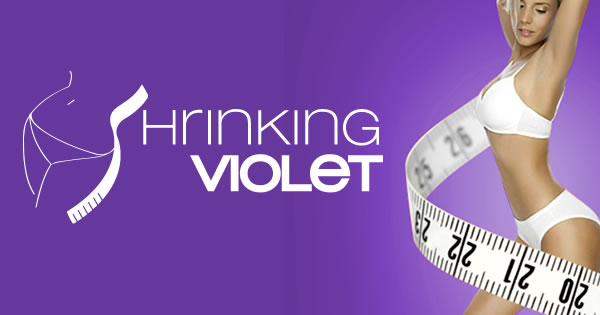Product Review: Shrinking Violet Home Edition
Having had two children in the space of three years, the offer of a Shrinking Violet kit to help me shed a few of my excess inches was not something I was about to turn down. Since having children, I have gained two dress sizes, and whilst running round after two little people is great …










